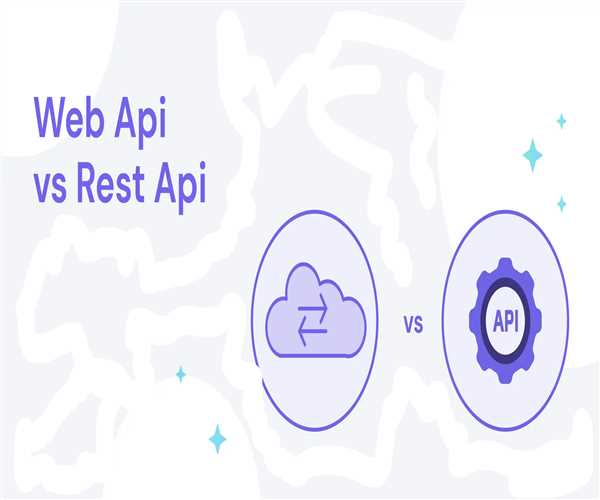APIs, or Application Programming Interfaces, serve as bridges that allow software components to communicate and interact with each other. While the term "API" is broad, it can be categorised into different types, including Host APIs, Web APIs, and Library APIs. In this article, we'll explore what a Host API is and how it differs from other API types.
Host API:
Definition: A Host API, also known as a System API or Operating System API, provides a set of functions and procedures that allow software to interact with the underlying operating system or host environment. Host APIs give applications access to system-level resources and services.
Key Characteristics→
- Operating System Interaction: Host APIs facilitate communication between software applications and the operating system. They allow programs to perform tasks such as file I/O, memory management, process control, and hardware access.
- System-Level Resources: Host APIs provide access to resources like files, directories, hardware peripherals, and system settings. They are essential for tasks like managing files, creating processes, and handling input and output.
- Platform-Specific: Host APIs are platform-specific, meaning they are tailored to a particular operating system. For example, Windows has its set of Host APIs, as does Linux and macOS.
- Lower-Level Control: Host APIs offer a lower level of control, allowing developers to work directly with system resources. This provides greater power and flexibility but also requires careful management to avoid potential security and stability issues.
Web API:
Definition: A Web API, often referred to as a web service, is a set of rules and protocols that allow different software applications to communicate over the internet. Web APIs are commonly used for data exchange and interaction between client and server.
Key Characteristics→
- HTTP Communication: Web APIs use HTTP (Hypertext Transfer Protocol) for communication. They are typically accessed using URLs and support HTTP methods like GET, POST, PUT, and DELETE.
- Interoperability: Web APIs are designed for interoperability, making it possible for applications developed on different platforms and technologies to communicate. They often use formats like JSON or XML for data exchange.
- Remote Access: Web APIs enable remote access to services or data hosted on a server. They are widely used for building web and mobile applications that need to fetch data from a remote server.
- Higher-Level Abstraction: Web APIs abstract away many of the low-level complexities associated with operating system-specific tasks. They provide a standardized way to access remote resources.
Library API:
Definition: A
Library API, also known as a Library or Framework API, consists of functions, classes, and methods that provide pre-built, reusable code for specific programming tasks. Developers use Library APIs to simplify and speed up application development.
Key Characteristics→
- Code Reusability: Library APIs offer pre-written code that can be reused in applications, reducing the need for developers to reinvent the wheel for common tasks.
- Abstraction of Complexity: Library APIs abstract complex operations into simple function calls. For instance, a graphics library API might provide functions to draw shapes, making it easier for developers to create graphics.
- Programming Language Specific: Library APIs are often specific to a particular programming language. They are integrated into the development environment and work with the language's syntax and conventions.
- Task-Specific: Library APIs are designed to address specific programming tasks, such as database access, user interface development, or cryptography. Developers choose libraries based on the functionalities they need.
In summary, Host APIs, Web APIs, and Library APIs serve distinct purposes and differ in terms of their scope and usage. Host APIs interact with the operating system, Web APIs facilitate internet-based communication, and Library APIs offer pre-built code for specific programming tasks. Understanding the differences between these API types is crucial for effective software development.




Leave Comment